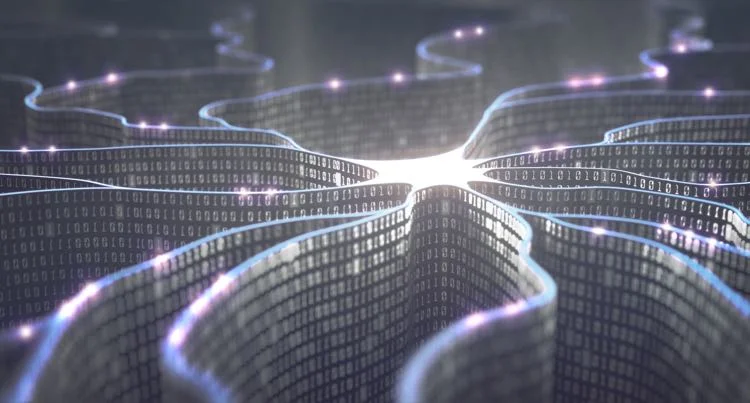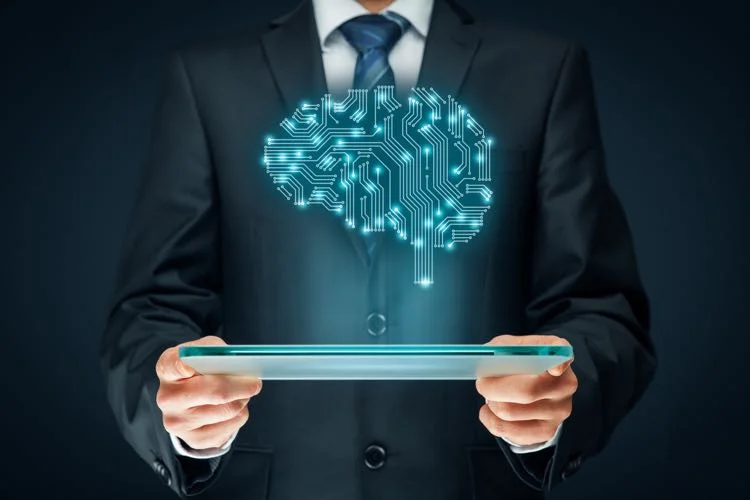Attorneys should learn about and understand emerging technologies in order to adapt to potential legal issues presented by these technologies. One example of a new technology that is presenting interesting new legal issues is a technology based on artificial intelligence called "deepfake".
Deepfake is a video editing concept that creates highly convincing, but fake, videos. Generally speaking, using deepfake technology to create and publish apps is legal. However, some uses of this technology might violate the law. This article discusses potential illegal uses of deepfake videos. Deepfake is another example of the many ways in which artificial intelligence and other emerging technologies are changing the legal paradigm.
Many businesses and law firms are already implementing intelligent automation. This article discusses the concept of intelligent automation as a precursor to general artificial intelligence. The author correctly suggests that general AI is inevitably coming. In order to prepare for this inevitability, the author suggests that small and medium size businesses integrate intelligent automation. The author uses the terms "intelligent automation" synonymously with narrow AI.
Automation is on the rise. This article discusses automation in the legal industry. Automation of the legal profession is something that should be given considerable thought by both practicing lawyers and law students, alike. Automation by use of artificial intelligence is just one of many emerging technologies expected to disrupt the legal profession over the next few years.




